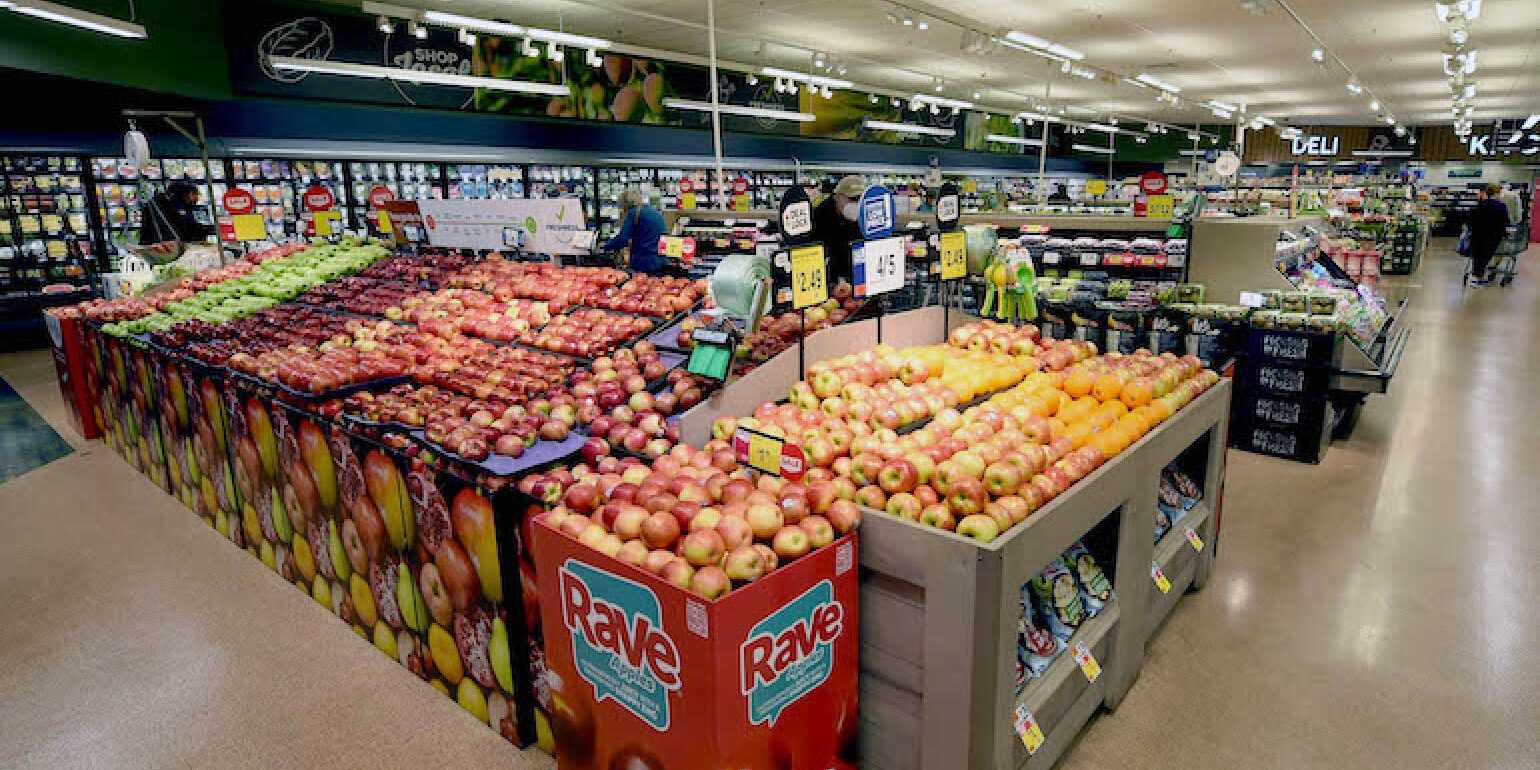- The supermarket is an innovative company, and the managers overseeing the contract were interested in hearing what else could be done to strike a better deal, albeit one fair for all parties involved.
- Gross profit margins for the grocery business are, on average, about 1%. Efficiency and centralization in operations helps to offset some of this low margin.

CCM placed a procurement professional within the client's organization to drive savings, and offer an initial analysis of the supplier’s contract.
Objectives
Solutions
- Once the grocer gave us the go-ahead to proceed with an audit of the contract, we looked at the office products supplier’s individual stock keeping units (SKUs), pricing and which items were on-contract and off-contract.
- Vendors earn a larger profit margin when customers pay for products that are off-contract, and we dug into whether the grocer’s day-to-day spending was aligned with the type of products reflected on its current contract.
Outcomes
Challenges
- No formal procurement organization and strategies.
- No strategy for spend on each on-contract and off-contract product.
- Limited competitive market knowledge.
Results
- Working with the supplier and the grocer on favorable terms for everyone involved, CCM was able to re-negotiate the contract.
- The grocer was able to not only preserve the good relationship it had with its supplier, including the co-sponsorship of the events, but also reduce its spending on office supplies by 17%.
- With CCM’s custom software at its disposal, the grocer is also able to track usage of office products ranging from staplers and pens to paper and ink cartridges across its nearly 90 locations each month.

